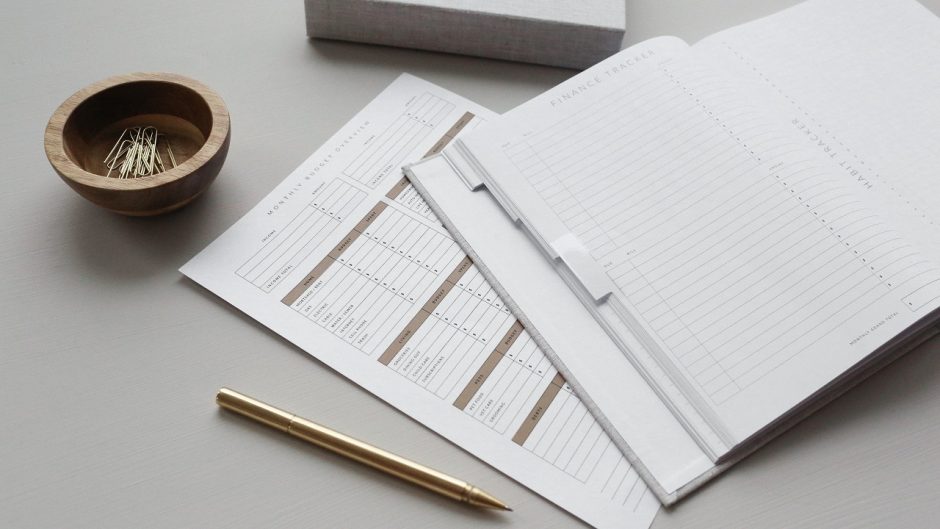
Oct. 10, 2023
Contact: Courtney Perrett, 573-825-0769, cperrett@missouri.edu
After inflation surged to the highest average rates since the 1980s during mid-2022, now remains as good a time as any to reassess financial priorities. Rui Yao, a Certified Financial Planner CFP® and professor of personal financial planning in the College of Agriculture, Food and Natural Resources at the University of Missouri, shares tips on budgeting, investing and emergency funds to help people manage their finances in ways that best serve them.
What exactly is personal financial planning?
Personal financial planning started when the field of consumer economics realized the need to help households not only in terms of food and clothing but also with managing their finances. How we manage our household finances has evolved over time. Today, the main focus is planning for risks — insurance, managing investments and tax planning — followed by employee benefits, retirement planning, and gift and estate planning. All these areas touch on aspects of personal financial planning. On top of that, there are some fundamental needs that those six areas won’t cover, including how to manage an emergency fund, working to pay off debt and the intricacies of what people should do on a day-to-day basis to ensure the health of their finances.
If I’m new to financial planning, where should I start?
The most important thing is to prepare an emergency fund because, at any age, emergencies can happen. Having funds set aside to for unanticipated emergencies, like a flat tire, is helpful. The second thing that’s important to plan for and understand is debt management.

What is an emergency fund and why should I have one?
People want their consumption levels to be smooth. But life events happen, and we all face risks. One important risk is health risks. For example, doctor’s visits, prescription and OTC drugs, and medical tests. There will likely be unanticipated expenses such as medical bills, so interruptions to income or surges in consumption would require people to have a financial cushion in a low-risk accounts such as checking, savings, and money market accounts.
Some experts will tell you to have an emergency fund large enough to cover three to six months of expenses, but I don't like rules of thumb because every individual and household is different. Your emergency fund amount depends on your risk tolerance, your job security, and your access to other support resources if you needed it. Three to six months of expenses is a good place to start but look into your need for emergency funds. You don’t want to under-save for emergency funds, but a large overshoot will result in opportunity costs (i.e., you could have made more money by investing your money in higher-risk products).
The infamous budget. How do I make one and stick to it?
An easy way to start a budget is to spend about two or three months writing down your expenses. Spend as you normally would but keep track of where your money is going and categorize it. Decide what expenses are non-discretionary, such as food, shelter, communication, gas — things that regardless of your employment status, you’d still have to pay in order to live. Then categorize your discretionary items, such as entertainment, travel and luxury purchasing. Now you can take how much you’re making minus how much you’re spending, that is how much you can save. Then, you can decide if this level of savings is adequate to reach your goals and make necessary adjustments to your normal expenses to finalize the budget. Budgeting is about prioritizing your money in areas where you want to spend it and when you want to spend it. What you save today will support what you spend in the future. Although planning for the future is a good thing, it shouldn’t stop you from spending money on entertainment or celebrations if these items fit in your budget. You are unlikely to stick to a very strict budget that you cannot possibly follow.
What guidance is best for first-time investors?
First of all, take a risk-tolerance questionnaire online. Some people are highly risk tolerant and feel comfortable investing in stocks and exchange-traded funds (ETFs) without much thought. But some people are more risk averse and won’t be able to sleep at night when the stock market fluctuates. If that’s the case, maybe investing in high-risk funds in the stock market is not really suitable. Additionally, investors also should become financially literate. When you are not familiar with the risk, you want to avoid it because you don't really understand what's going on. That’s where financial literacy comes in. When you study the history and nature of the stock market, it’s easier to accept the risk that comes with investing in stocks. Risk and return go hand-in-hand. If you don't take risks, there is no return.
Remember, investing is about the long game. Money has time value, so starting early is important. You want to buy shares when the stock market is low and sell them when it is high, not vice versa. One thing to mitigate the ups and downs and anxiety that can come with stock market fluctuates is to be disciplined and start a payroll deduction. Every pay period, money will be automatically deducted from your paycheck and deposited directly into your investment accounts. Resist the temptation to look at your investment accounts on a daily basis because when people are stressed about the market, they are likely to make investing mistakes.




